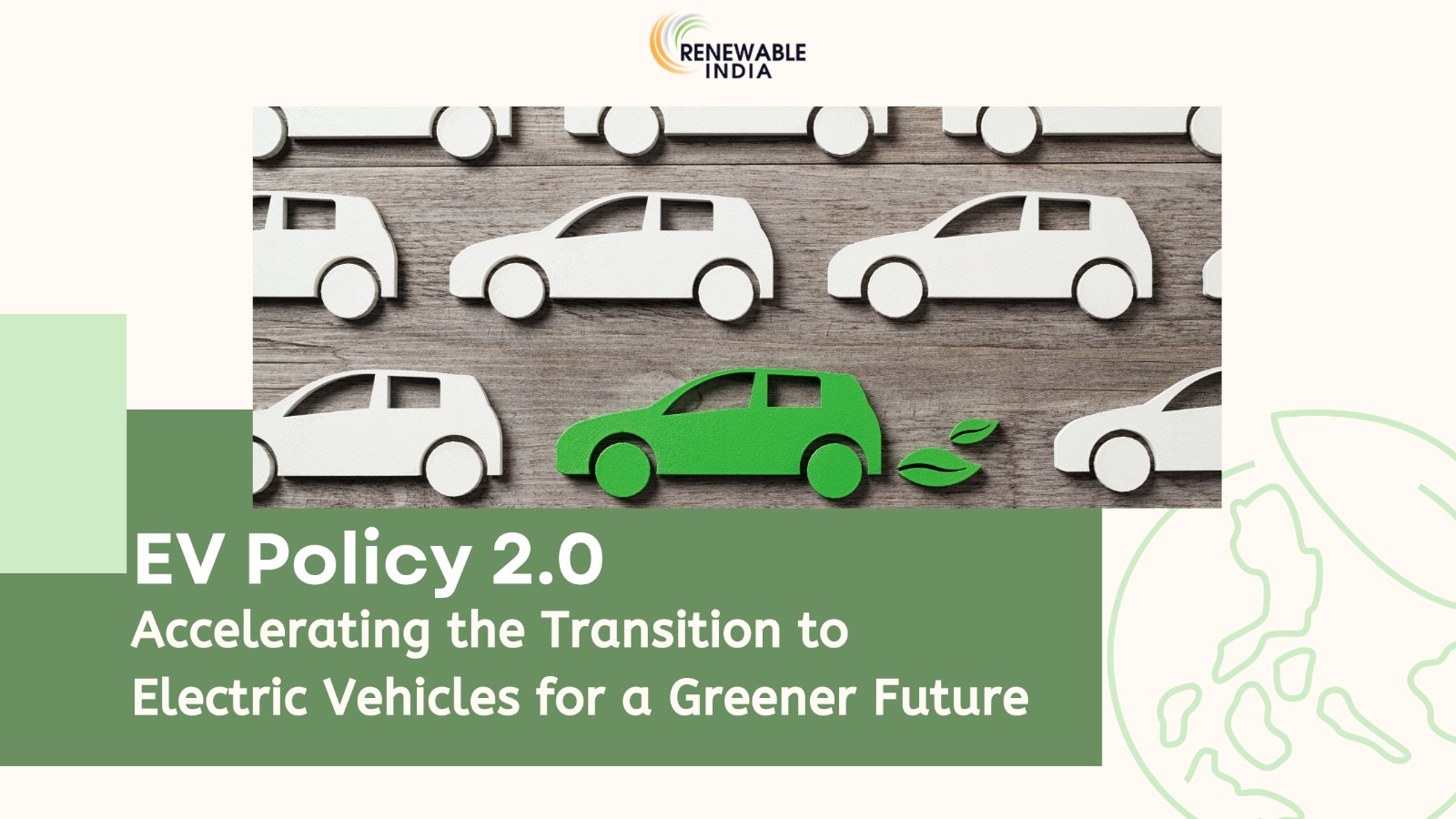
The Delhi government is getting ready to introduce Electric Vehicle (EV) Policy 2.0 in its never-ending quest for cleaner air and environmentally friendly transportation. The conversion of conventional automobiles to electric ones under this impending regulation may usher in a revolutionary idea. An economical and environmentally responsible way to convert older petrol or diesel vehicles to electric ones while extending their useful lives and fostering cleaner air is through electric vehicle retrofitting.
The conversion of conventional internal combustion engine vehicles into electric vehicles is known as retrofitting. In order to fully electrify the vehicle, the original engine and its supporting components must be swapped out for an electric motor and battery system.
Transport minister Kailash Gahlot said, “Electric vehicle retro-fitment as a concept is costly, but the future could be promising if prices are brought down as it promotes clean air. We are exploring how we can promote the concept in the next EV policy.”
The related cost, with each conversion kit costing about Rs 4-5 lakh, is a major barrier to retrofitting. For high-end vehicles, this cost may initially make retrofitting more practical, but as demand soars and technology develops, costs are anticipated to drop. The Delhi government is currently looking on ways to make retrofitting financially feasible for a wider variety of car owners.
(Read our blog on Hyundai’s newest Ecar – https://www.renewable-india.com/evs-and-batteries/hyundai-ioniq-5-a-game-changer-in-the-world-of-electric-cars/)
The EV Policy 2.0 may provide various rewards and subsidies for the procedure in order to encourage retro-fitting and hasten its adoption. Retrofitting would be a desirable choice for car owners wishing to make the switch to electric mobility due to these financial advantages.
The Delhi government is thinking about investing in research and development because it recognises the potential of retrofitting. Collaboration with professionals and organisations like IIT Delhi may result in creative solutions and more affordable retro-fit kits. The adoption of cleaner technology depends on this dedication to innovation.
According to Prof. Ram Mohan Vemuri (Professor & HOD Mahindra University), “Electric Vehicles Policy 2.0 is not just a roadmap; it’s a transformative journey that’s set to redefine India’s mobility landscape. With a renewed commitment to sustainability, innovation, and economic growth, this policy is the catalyst that will electrify our future. By placing a robust emphasis on electric mobility, it has triggered an unprecedented surge in the demand for skilled professionals well-versed in EV technology and infrastructure. Educational institutions nationwide are swiftly adapting to this paradigm shift by overhauling their curricula to meet this surging need. Engineering and vocational schools are now offering specialized programs dedicated to the intricacies of electric vehicle technology. Significant collaboration is developing between industry and academia to upskill the existing workforce towards EV manufacturing.
“Simultaneously, our universities are allocating substantial resources to research and development in the EV sector, ensuring that we stay at the forefront of global innovation. This policy’s ripple effect extends beyond the classroom walls, as it is actively nurturing a culture of entrepreneurship and innovation in the electric vehicle space. As a result, students are not just consumers of knowledge but are also inspired to become creators and disruptors in their own right.”
Retrofitting is perfectly in line with Delhi’s strict vehicle standards in terms of both environmental impact and regulatory alignment. For instance, it complies with NGT requirements that prohibit petrol and diesel vehicles that are more than 15 years old. Delhi wants to lower emissions and improve air quality by encouraging the conversion of older, polluting vehicles into electric ones.
The city is optimistic despite the difficulties that retrofitting presents, such as the high starting expenditures and the requirement to import various parts for particular car models. Retrofitting could gain pace and spread as a common solution if Delhi stays committed to eliminating polluting fuels.
Although retro-fitting is still in its infancy, it has enormous promise as a long-term option for converting current vehicles to electric ones. The price of retrofitting is anticipated to go down as production increases, economies of scale begin to operate, and technology advances. This transformative strategy may be crucial in changing India’s urban transport system.
(Read out blog on Top 5 Electric Vehicle companies in Indai – https://www.renewable-india.com/evs-and-batteries/ev-financing-environment/)
In conclusion, Delhi’s EV Policy 2.0 places a strong emphasis on retrofitting and demonstrates the city’s dedication to sustainable urban transportation and healthier air. The city wants to encourage retro-fitting among car owners and hasten the transition to electric mobility by providing incentives, funding research, and adhering to strict restrictions. Retrofitting may prove to be a game-changer in India’s search for cleaner and greener transport options as technology advances and costs fall.
Leave a Reply